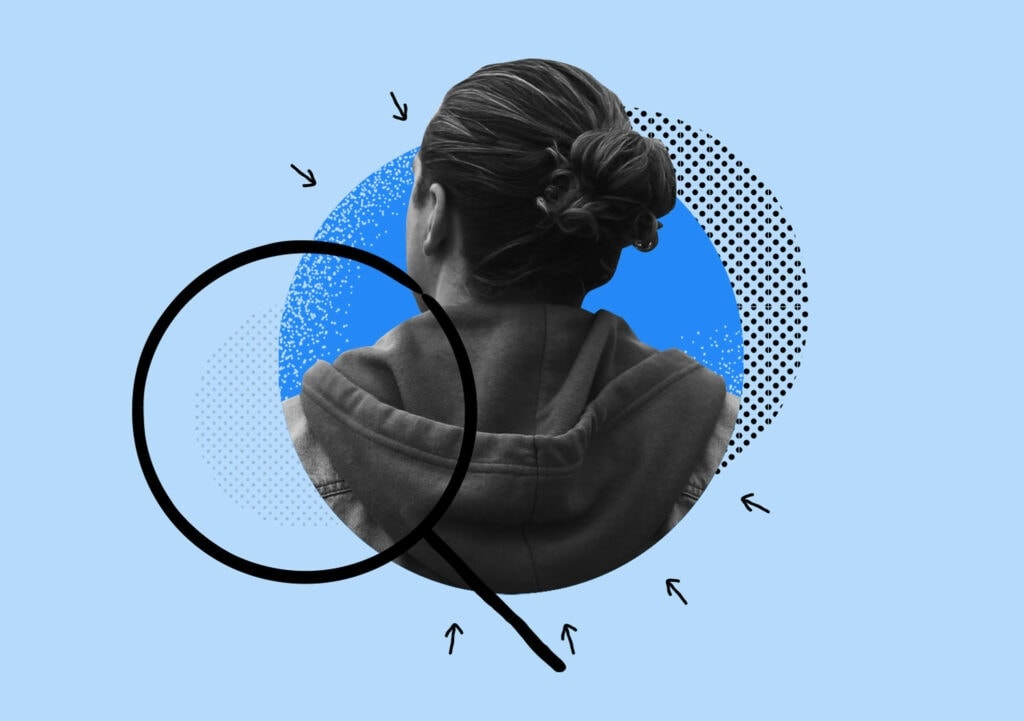It’s no secret that recruitment and retention are at the forefront of employers' concerns. Forbes writes that “the pandemic and an ever-widening skills gap are the two most” prominent issues that have been challenging recruiters this year.
Although there can be a mentality of “if it ain’t broke, don’t fix it” about certain processes, it’s always good to be aware of emerging job application process trends and consider implementing new ways to recruit talent.
Some job applications include a video component now, asking applicants to submit a short video describing themselves, their experience, and what they would bring to the role.
Using video as part of job application process trends is meant to enhance screening processes. Together with skills tests, videos can be used to determine if a candidate is a good fit even before the phone screen stage.
Pros of video applications
Including a video requirement can act in place of a screening call, giving your organization initial insights into whether the applicant will be a good fit or not.
Cons of video applications
A video can be an unnecessary additional hoop for many candidates to jump through and may cost you top talent. Additionally, some applicants may worry that their appearance—whether that means just wanting a certain look, or potentially even race or gender presentation or age—will play a part in your decision to move forward with their application and could open up your organization to discrimination issues.
Many organizations are now including a step-by-step timeline for their hiring process.
Providing job candidates with insights into how the hiring process works within your organization helps promote transparency—and it’s a job application process trends that may pay off the most for your organization.
Pros of interview timelines
Providing more clarity during the hiring process can demonstrate a positive company culture. Potential employees will appreciate the ability to be extra prepared for their interviews and the insights you share will create realistic expectations about how long the hiring process takes and keep candidates engaged instead of accepting other offers when they don’t hear back from you.
Cons of interview timelines
By nature, a hiring timeline is an ideal state, and may not be what’s realistic for every process or role, not taking into account any scheduling or personal issues with your recruiter or hiring manager. Because of this, your timeline may be inaccurate and cause potential employees to feel misled.
Many organizations do panel interviews, where potential managers and coworkers are included and able to ask questions.
This is a common practice in many industries and workplaces, but is becoming more widely used across the workforce as a means of streamlining hiring processes.
Pros of panel interviews
Using a panel-style interview gives candidates the chance to meet potential colleagues and/or direct reports and in turn, gives your teams the opportunity to ask questions and have a say in who joins them. Additionally, a panel interview does away with the cumbersome, multiple interviews process.
Cons of panel interviews
Many job candidates struggle with the interview process even when it’s the more traditional one-on-one style, so a panel interview can be extra daunting. There’s also the risk of “too many cooks”, where there are just too many opinions and it becomes difficult to discern how a candidate actually did and whether they will be a good fit or not.


